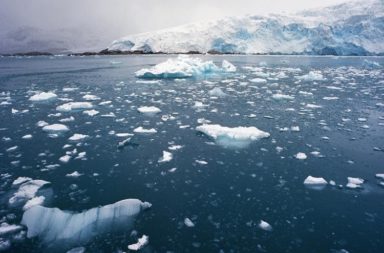Developing countries like India are facing serious losses due to climate change. The change is not only impacting the cultivation, but also forests, water, mountains and now air too. Though the citizens have started adapting the impacts and trying to find out a way to live with it, but some severe impacts like storm or floods are beyond adaptation as they are causing lots of damage and loss.
All the developing countries are trying to pursue UN Framework Convention on Climate Change (UNFCCC) for years that they should include this damage and loss in their global climate negotiations, but the struggle is still on.
On the other hand group of developed nations led by USA is opposing this. They are reluctant because they know that affected people will then go to the court and accuse the rich countries for causing this loss and damage.
The Conference of the Parties (COP) which means a group of countries that have signed up to the 1992 United Nations Framework Convention on Climate Change forced to establish some body to control this loss and damage and hence Warsaw International Mechanism for Loss and Damage (WIM) came into existence in 2013. WIM was established to support countries already facing the natural disasters induced or worsened by Climate change. But finance is still a big issue to make WIM work.
According to Harjeet Singh, global head of climate change for the non profit ActionAid and a member of the WIM executive committee, “sensing growing pressure on the rich countries and polluting industries most responsible for the climate crisis to act, the US is now attempting to add further protections for itself and fossil fuel companies by inserting a liability waiver into the complex web of international climate legislation.”
He further added, “The US is using the opportunity to make changes to the way the WIM is governed, to cover its own back and keep developing countries hit by climate disasters mired in debt and poverty.”
“Not only that the so called country with superpowers is now using the review of the WIM to insert a liability waiver into global climate legislation on loss and damage, hoping to leverage more legal protection for its government and polluting corporations against liability and responsibility for the impacts of climate change”, said Singh.





